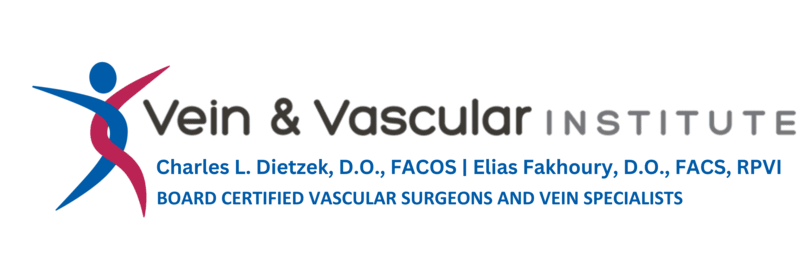A new study finds a significant link between above-average height and vein health.
A recent study to uncover factors behind the development of varicose veins confirmed what many scientists had already suspected. The research underscored well-known influences — age, excess weight, being female, and genetics. Yet in a surprising finding, the study revealed another marker — height. Taller individuals, the study concluded, have a greater chance of developing varicose veins and possibly even blood clots in the legs.
The reason has to do with gravity — blood from the legs of taller people must travel a greater distance to the heart, which forces the veins to work harder. But it also has to do with genetics. The study’s authors found above-average height was not only associated with varicose veins, but could be the underlying cause of the swollen veins that rise to the surface of the legs and feet as well.
Vein Study Suggests Height Matters
Published in the journal Circulation, this study was led by researchers at Stanford University School of Medicine and analyzed 337,536 individuals in the UK Biobank, a registry of genomic data. Of those examined, some 9,577 had venous disease.
Researchers scoured the genome data using an artificial intelligence machine model. They did not pre-set any criteria to look for; instead, they let the algorithm look for commonalities. The results pointed to well-established risk factors such as obesity and a history of deep vein thrombosis (DVT), a blood clot in the deep veins in the leg.
Unexpectedly, being taller than average also came up as a contributor to varicose veins. These results indicated the tallest participants’ odds of developing varicose veins grew by 74%. What’s more, researchers theorized a causal connection between the genes that control a person’s height and overall vein vitality.
The study may help researchers understand the mechanisms leading to varicose veins. Yet experts note the research focused on predominantly white men and women between the ages of 40 and 69. More analysis of different ethnic groups and younger people would be needed to determine if the height factor holds true in those populations.
Reduce Your Odds
As the study suggests, being tall may predispose a person to varicose veins, but it doesn’t necessarily mean you’ll end up with the condition. According to the Society of Vascular Surgery, about 35% of the U.S. population suffers from varicose veins, which can occur for many reasons. Whether short or tall, individuals can take measures to prevent varicose veins.
Typical measures you can take to avoid varicose veins include maintaining a healthy weight, exercising, avoiding sitting or standing for too long a period, and wearing tight compression stockings. These may prevent varicose vein formation by keeping the valves in the leg veins functioning properly, or may relieve the discomfort of varicose veins that already exist.
People with varicose veins, or those concerned they may be a risk for them, should speak with a vein specialist regarding ways to prevent and treat the condition. Today, there are many minimally invasive surgical techniques available to address varicose veins. Contact the Vein and Vascular Institute for an appointment to discuss your individual therapy plan.
